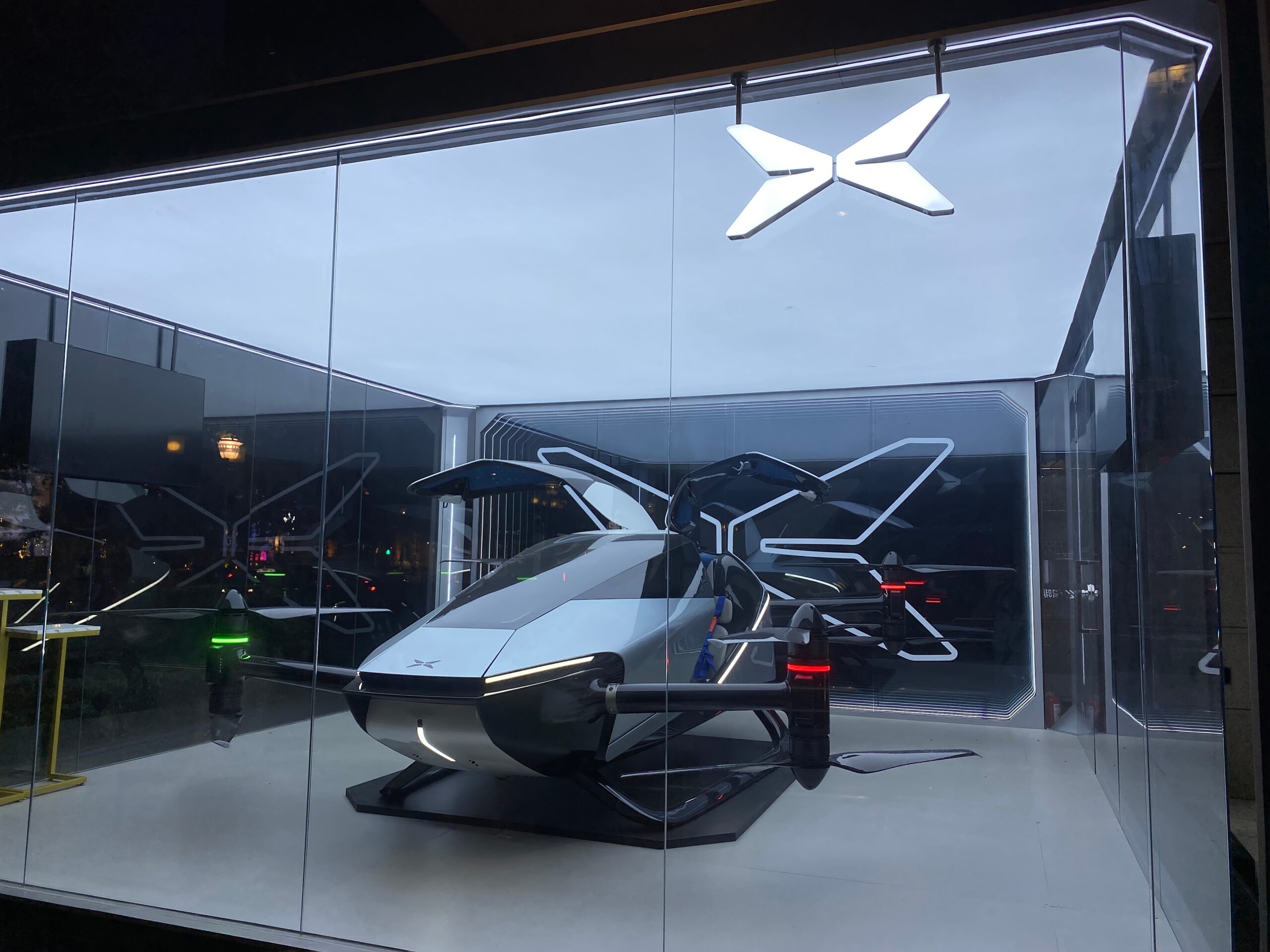
Alef Aeronautics, a startup backed by space exploration giant SpaceX, has recently announced a remarkable achievement in the development of its electric vertical takeoff and landing vehicle (eVTOL), the Alef Model A, marking a pivotal moment in the evolution of personal and urban mobility. This announcement has not only showcased the technological advancements in the field but also highlighted the growing consumer interest and confidence in the future of flying cars.
Alef Aeronautics, headquartered in San Mateo, California, has reported a surge in preorders for its innovative Alef Model A flying car. The company’s preorder numbers have soared to 2,850, surpassing the previously reported figure of 2,500. This new milestone not only signifies a fresh record but also represents a combined order value exceeding $850 million. Such a significant achievement underscores the market’s enthusiasm and readiness for a future where flying cars are a common sight.
The Alef Model A: Redefining Transportation
The Alef Model A stands out from other eVTOL concepts and prototypes currently in development. Unlike traditional designs that take cues from aircraft or drones, featuring wings or large rotors, the Model A is designed to look and function like a conventional car, complete with a mesh shell that protects its eight internal rotors. This innovative approach ensures the vehicle can seamlessly integrate into daily life, capable of driving on roads and taking to the skies.
The vehicle is primarily designed for road use but equipped for flight, featuring four small engines within the wheels for driving and eight propellers for flying. The Model A can reach a cruise speed of 110 mph in the air, while its speed on the road is limited to between 25 and 35 mph, making it a versatile mode of transport for future urban landscapes.
The Path to Commercialization
To secure a preorder for the Model A, customers are required to place a $150 deposit via Alef’s online platform. This deposit is fully refundable, offering flexibility to prospective buyers and reflecting the company’s confidence in its product. With a projected commercial price of $300,000 per vehicle, Alef aims to attract a market ready to invest in the cutting-edge technology that combines the convenience of road travel with the efficiency of flight.
Jim Dukhovny, CEO of Alef, has positioned the Model A as “the bestselling aircraft in history,” a bold claim that reflects the company’s ambition and the vehicle’s unique market proposition. Despite the high price tag, Alef justifies the cost by highlighting its startup status and the need to establish a strong financial foundation as it pioneers this new form of transportation.
Future Visions and Innovations
Alef Aeronautics is not just focused on the present with its Model A but is also looking ahead to further innovations in the flying car industry:
- Alef Model A:
- Type: Two-seater eVTOL vehicle.
- Design: Resembles a conventional car with a unique mesh shell protecting eight internal rotors.
- Functionality: Designed for both road use and flight, featuring four small engines within the wheels for driving and eight propellers for flying.
- Speed: Can reach a cruise speed of 110 mph in the air; road speed is limited to between 25 and 35 mph.
- Price: Projected commercial price of $300,000.
- Preorder Deposit: $150, fully refundable.
- Alef Model Z (Planned):
- Type: Four-person sedan.
- Launch Date: Scheduled for 2035.
- Price Goal: $35,000, aiming to align with the cost of more affordable electric vehicles.
- Objective: To make flying cars more accessible to a broader audience by offering a more affordable option compared to the Model A.
Alef’s endeavors have garnered support from high-profile investors, including early Tesla investor Tim Draper and Elon Musk’s SpaceX, signaling strong belief in the startup’s vision. However, Musk himself has expressed skepticism about the viability of flying cars, citing concerns over safety and the potential for increased anxiety among the public due to objects flying overhead.
Regulatory Hurdles and Launch Projections
Navigating regulatory approvals remains a significant challenge for Alef and other companies venturing into the eVTOL space. The Alef Model A has already received a special airworthiness certificate from the Federal Aviation Administration (FAA) for limited purposes, such as exhibition and research and development. However, further approval is necessary for consumer flights, a process that will test Alef’s ability to meet stringent safety and operational standards.
Despite potential obstacles, Alef is optimistic about beginning production by the end of 2025, provided that funding continues to flow and regulatory landscapes remain favorable. The company acknowledges the complexities of producing and deploying 2,850 vehicles, emphasizing a cautious and gradual approach to scaling up production to meet preorder demands.
Related News:
Featured Image courtesy of Robert Way/Shutterstock
